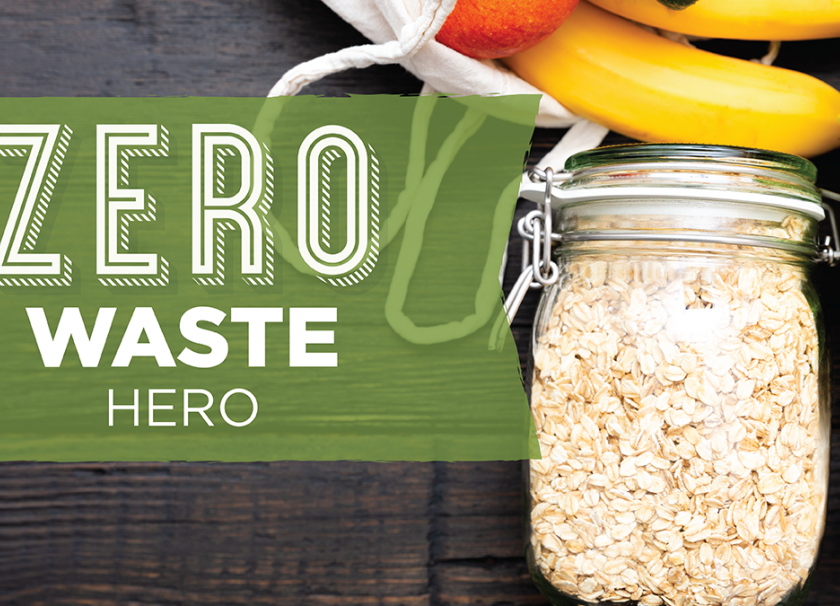
Tips for a Sustainable Kitchen
By Mahlea Rasmussen, Education Coordinator
Outside of work I spend a lot of time in the kitchen. I find it a soothing space to create nourishing meals and lasting memories. I find it essential to be as eco-friendly as possible and a few changes can transform your kitchen into a sustainable center of your home.
The choices begin with shopping for your food. It is important to stay organized so you don’t end up over-shopping or purchasing items you already have. This can lead to food waste - the USDA found that Americans on average each waste a pound of food per day. To avoid this, create a list on a chalkboard or white board and take a photo, so you know just what to purchase.
Don’t shop when your hungry. Although all of us have been there and heard this before, we are much more likely to purchase unnecessary items when our tummies are doing the talking.
Leave your reusable tote bags in the car, so you don’t leave them at home. After unloading your goods, run out to the car one more time and throw your bags in the back seat. That way you won't be caught without them next time you hit the market. Some estimates put the average 'lifespan' of a plastic bag at just 12 minutes.
Shop in the bulk and produce departments to avoid packaging and bring your own containers. The beautiful thing about bulk is that it goes far beyond food items: shampoo, dishwashing detergent, pet food and more are available. Because you can bring your own containers to fill, you're skipping the single-use packaging that many products on the shelf come in.
When shopping for produce, I choose a bag made from recycled plastic bottles available for $0.50 in our produce department. For dry goods, a muslin cloth bag is also available for the same price. For flours and liquids, I bring my own glass jars and bottles.
Shopping for herbs and spices with your own containers is especially advantages as you can save as much as 95% on the goods you buy. Remember: every time you purchase an item in a container, part of the cost is paying for the container itself.
At home some other ways to make your kitchen more sustainable is by growing your own herbs and making your own products. This doesn’t have to be overly time consuming. Herbs, rosemary, oregano and thyme are easy to grow and require minimal time.
Having a stock container in your freezer can significantly reduce your waste and save you money. Most vegetable scraps can be used such as carrot ends, celery and onion. After boiling the stock vegetables you can compost them as long as there is no meat product or oil used.
Replace soft drinks with infused water you make at home. Fill a pitcher with refreshing citrus, mint or cucumber. Not only is this good for your budget, but it's good for your waistline by reducing unnecessary sugar intake.
Another item found commonly in kitchens and easily eliminated is paper towels: it’s easy to sub in some worn out, clean t-shirts and cloth napkins.
And finally, when you're serving dinner, create smaller plates. Those who are hungry can always go back for more, but you will end up throwing out less uneaten food.
The benefits of a zero waste kitchen go beyond the trash compactor. You will find yourself saving money and eating clean. “The zero waste lifestyle is not about complicating your life; it’s about simplifying.” - Bea Johnson.
More Co-op News
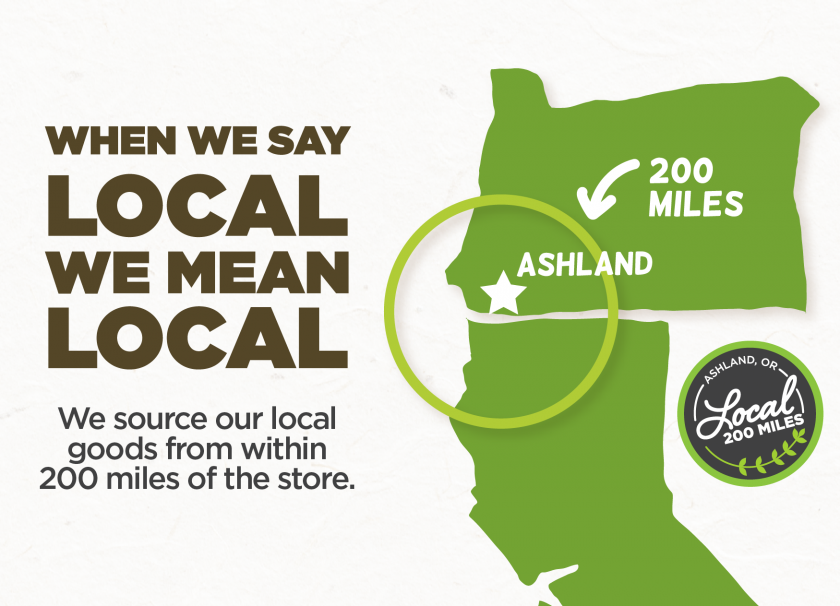
Staff Picks: Favorite Local Products
September is Love Local Month! All month long we’re celebrating our local farmers and vendors with demos, events and more. Here are some of our staff's favorite local products.
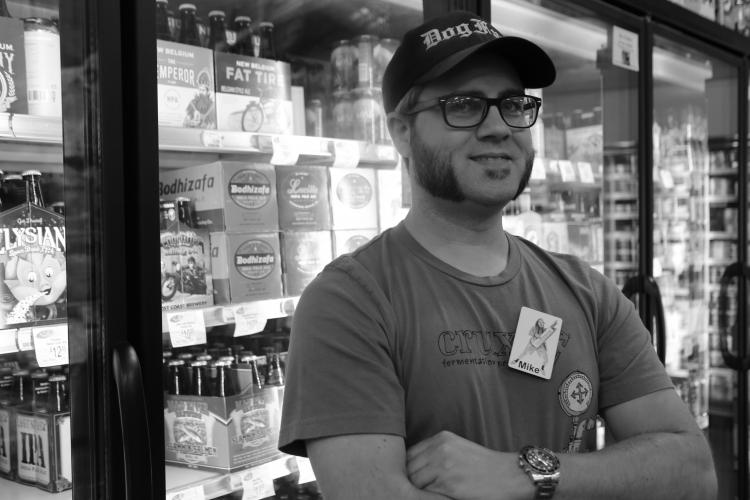
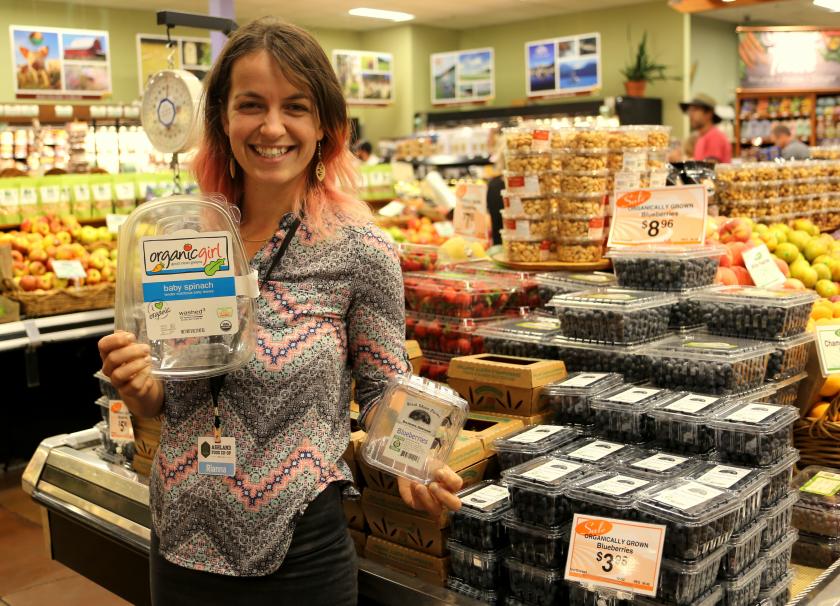
How Can I Reduce My Plastic Use at the Co-op?
By Rianna Koppel, Sustainability Coordinator
Plastic pollution today is a global dilemma. Did you know that more than 40% of plastic is used once, then tossed? In 2015, 79% of total plastic waste ended up in landfills or the environment. How can our co-op help reduce the amount of single-use plastics? Luckily, we offer a variety of options for owners.
Stainless Steel Straws
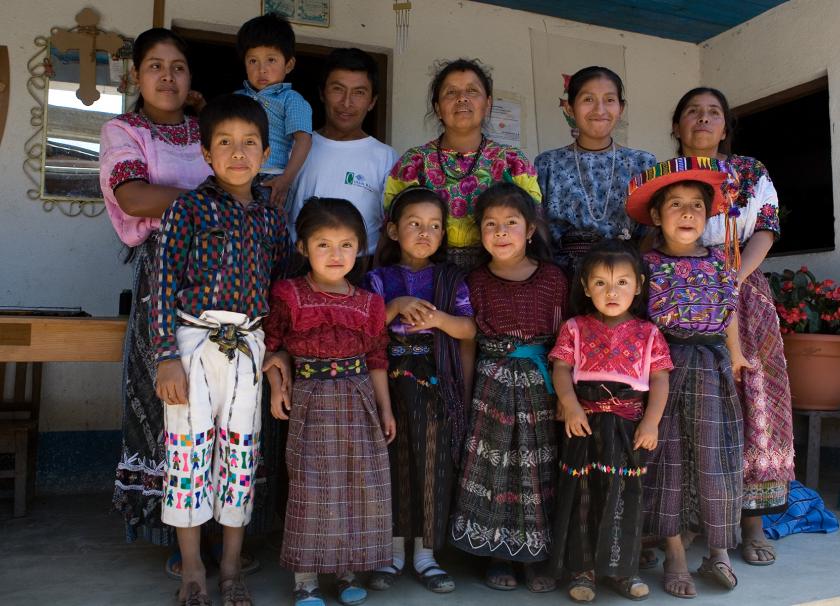
Meet Pachamama Coffee Cooperative
By Lauren Taber, Pachamama Coffee Cooperative
Pachamama Coffee Cooperative started in 2001 with a few simple questions in mind: what would it look like to take Fair Trade a step further? How can coffee farmers be in direct relationship with end consumers in the United States?
We found that the answer was even simpler: cooperative ownership. Pachamama Coffee has been 100% farmer-owned since day one, and is currently owned by 140,000 small scale family farmers across the coffee producing regions of the world.

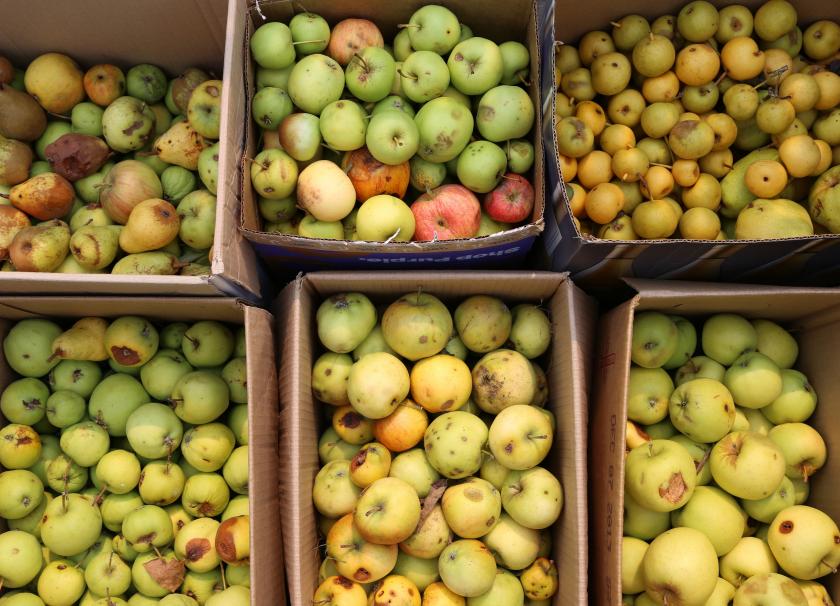
Community Cider Backyard Fruit Drive
How often can you browse the shelf at your neighborhood grocery store, see a bottle of hand crafted, local cider and say, “Hey, I help make that!” Well, at the Co-op you can.

2018 Board Election Results
The AFC Board of Directors is pleased to announce the results of the 2018 Board Election. There were three excellent candidates running for two Board positions. In total, 905 votes were cast.
Congratulations to the following candidates who will serve three-year terms on the Ashland Food Co-op Board of Directors.
Thank you for voting!
.png)
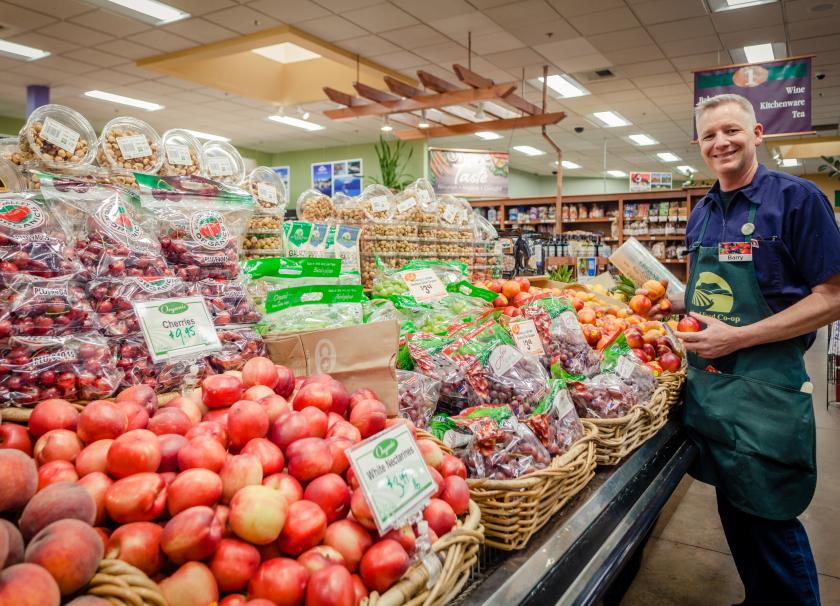
Meet Store Manager Barry Haynes
By Barry Haynes, Store Manager
Twenty three years ago my wife and I began our quest to relocate our family from the midwest to the west coast. We were looking for a beautiful area with an engaged community that would enable our children to thrive. Equally important, we wanted our new home to have a vibrant natural food store. When we arrived in southern Oregon, we felt as though we hit the jackpot.

Beat the Heat
When the heat of summer takes over, it can be hard on our bodies and moods. Don’t let the scorching temps get you down, cool off with one of these refreshing Staff recommendations.

Report from the Board of Directors: Strategic Plan Update
By Jeff Golden, External Relations Committee Chair
Ashland Food Co-op is striding into the future with careful intention. We’re especially focused on the three top priorities of our strategic planning process, a collaboration of our board and management team. A quick update:


Riding off into the Sunset
By Annie Hoy, Retiring Marketing Manager
Since I was born and raised in far West Texas, I cannot help but use some imagery from what is so familiar to me.
Report from the General Manager and Board of Directors
By Emile Amarotico, General Manager and Ed Claassen, Board President
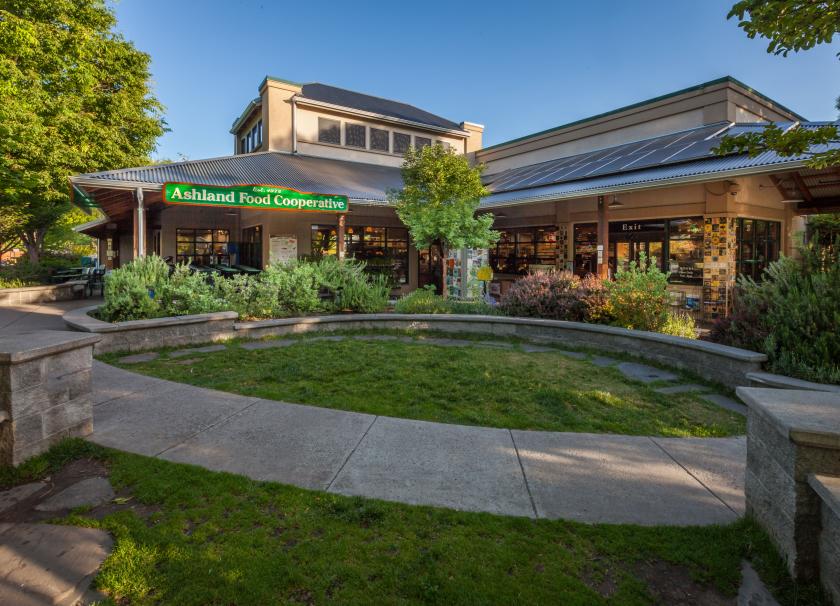
Ashland Food Co-op Signs Contract to Purchase Property
The Ashland Food Co-op expects to soon complete the purchase of an undeveloped lot at 120 Clear Creek Drive in Ashland. The parcel is located directly behind Ashland Lumber. This purchase is a major step in the Co-op’s vision for growing its downtown presence.
Staff Picks: Summer Hikes and Trail Snacks
Our staff loves to head outside and enjoy the gorgeous Oregon outdoors. Here's a few of their favorite trails and the Co-op snacks they like to take with them.
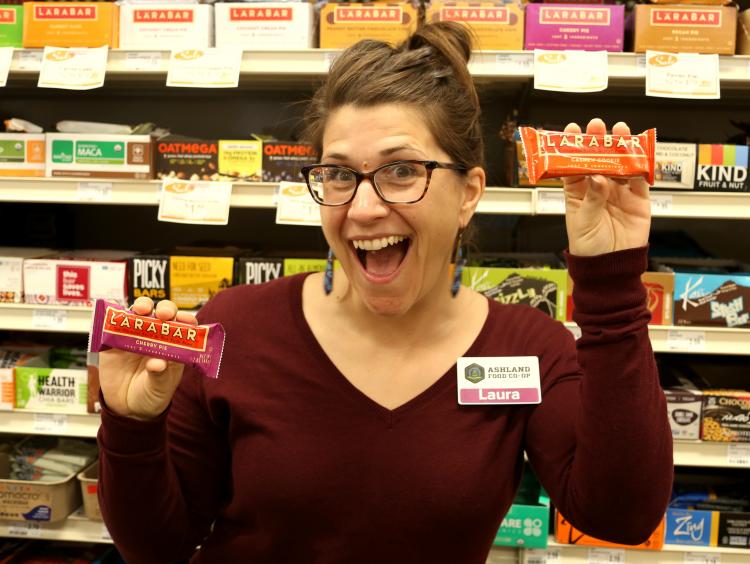
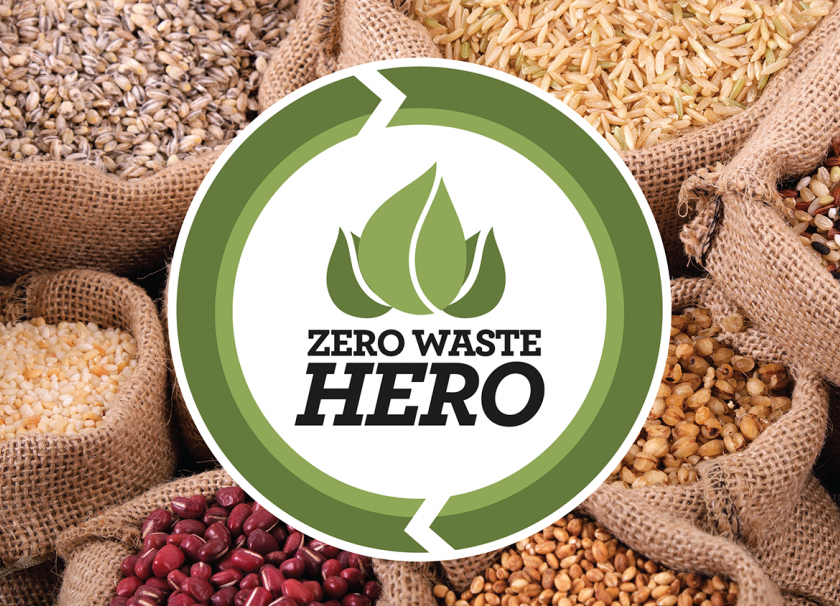
Be a Zero Waste Hero in Four Easy Steps
By Stephanie Koerella, Education Coordinator
Reducing our waste has continued to be of greater concern for Rogue Valley residents, especially since January, when options for recycling became even more limited. While the Ashland Food Co-op is ramping up our efforts to reduce waste as a business, there is a lot that our community can do at home to help the cause.
